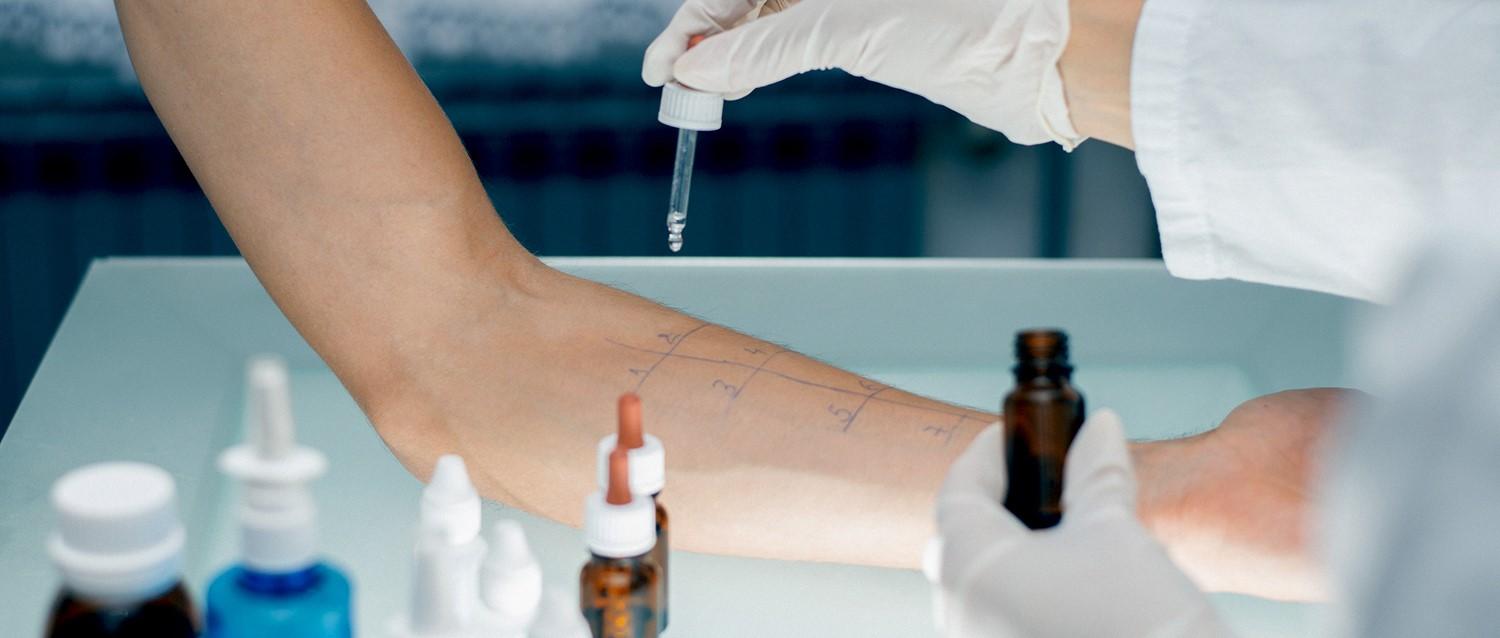
Is DNA testing a good idea?
Peer reviewed by Dr Colin Tidy, MRCGPLast updated by Dr Sarah Jarvis MBE, FRCGPLast updated 5 Mar 2020
Meets Patient’s editorial guidelines
- DownloadDownload
- Share
- Language
- Discussion
'DIY' genetic tests are heavily hyped these days - they claim to be able to predict your risk of dementia, cancer, heart disease and much more. But should you shell out your money for them? Absolutely not, according to most doctors. However, there are situations where DNA tests can save lives.
In this article:
Where DNA testing kits are concerned, there's a whole host of options if you look online or in the shops. Some offer to tell you if you're at higher risk of certain conditions; some promise insight into your sporting ability or what your children will be talented in; others suggest the most effective kind of diet for you if you want to lose weight.
Sound too good to be true? That's because, on the whole, it is. What's more, the results can cause huge unnecessary concern.
Continue reading below
What's the risk?
DNA tests have built on the positive coverage of some of the amazing medical advances of recent years. Personalised treatment for some cancers is now the norm, because genetic tests can predict which treatments you are most likely to respond to.
Let's start with the limitations. Many of the tests offered by home DNA tests aren't very accurate. They could give you a 'false negative' - where you get the all clear but you are at risk. This could lull you into a false sense of security, so you ignore warning symptoms when they happen.
They could also give you a 'false positive - where you're told you have a risk, or a condition, when in fact you don't. This is highly likely to be worrying - especially because you may not be able to get any further tests done on the NHS.
Are there any benefits?
But what about the 'true positive' - where you're advised of a risk that really does apply to you? Even here, it's not straightforward. Let's say you get a result that says your risk of developing dementia is increased by 50%. What does that mean?
These increases are 'relative' increases - you're at higher risk compared to other people. But if your risk was very low in the first place, even doubling that risk wouldn't make much difference. To put it into perspective, you have a 50% higher chance of winning the lottery if you buy three tickets this week rather than your usual two - but it's still extremely unlikely. So even if the test is correct in saying your risk is increased, this information is often useless when it's put into perspective.
So on balance, the advice is that you shouldn't do any of these tests without speaking with your doctor. Sometimes, of course, DNA testing can be life-saving. For instance, if you carry a faulty BRCA gene, linked to a hugely increased risk of cancer, regular screening or preventive treatment may be recommended. But this is available on the NHS, which is where it should stay.
Additionally, if more than one member of your immediate family has had breast or ovarian cancer, speak with your GP - DNA testing may be indicated. Since a DNA test has implications for your whole family as well as you, don't get one without advice from your doctor.
Continue reading below
The exception to the rule
One area where I, and many other doctors, would like to see more genetic testing is FH, or familial hypercholesterolaemia. This inherited form of high cholesterol affects more than 250,000 people in the UK. There are some early warning signs, including:
Raised cholesterol above 7.5 mmol/L or 'bad' LDL cholesterol above 4.9 mmol/L.
Raised cholesterol in the family.
A family history of heart attack under 60 in a parent, brother or sister, or under 50 in an uncle, aunt or grandparent.
Cream-coloured fatty lumps on eyelids or tendons.
NICE - the National Institute for Health and Care Excellence - says everyone with possible FH should have DNA testing to confirm the diagnosis, because treatment can prevent early death from heart disease. But most adults don't have a cholesterol check until their 40s or 50s, by which time it might be too late.
To date, only a tiny proportion of people in the UK with FH have been picked up. If we could persuade the government to screen children for raised cholesterol and, if raised, do DNA testing on them and all their families, we could save hundreds of lives.
With thanks to My Weekly magazine, where this article was originally published.
Patient picks for Other tests

Allergies, blood and immune system
Are private allergy tests worth it?
Allergies and intolerances are on the rise, particularly towards foodstuffs. Over four in ten adults in the UK are affected. But if you suspect you have an allergy or intolerance, how can you go about finding out what the culprit is? Unfortunately the NHS offers a limited number of allergy tests. Tests can be obtained privately but an internet search for 'allergy test' will yield over one million results, many which lead to quite expensive options. But are any of these worth pursuing? We take a look at the evidence.
by Dr Gurvinder Rull, MBBS

Hormones
Do you need a hormone imbalance test?
If your hormones are out of balance, your body may show certain symptoms or changes. The best way to check for a hormone imbalance is by talking to your doctor, who may recommend you for a test. In this article, we look at what a hormone imbalance test involves, the common symptoms, and explore potential health issues linked to hormonal imbalances.
by Victoria Raw
Continue reading below
Article history
The information on this page is peer reviewed by qualified clinicians.
5 Mar 2020 | Latest version

Ask, share, connect.
Browse discussions, ask questions, and share experiences across hundreds of health topics.

Feeling unwell?
Assess your symptoms online for free
Sign up to the Patient newsletter
Your weekly dose of clear, trustworthy health advice - written to help you feel informed, confident and in control.
By subscribing you accept our Privacy Policy. You can unsubscribe at any time. We never sell your data.